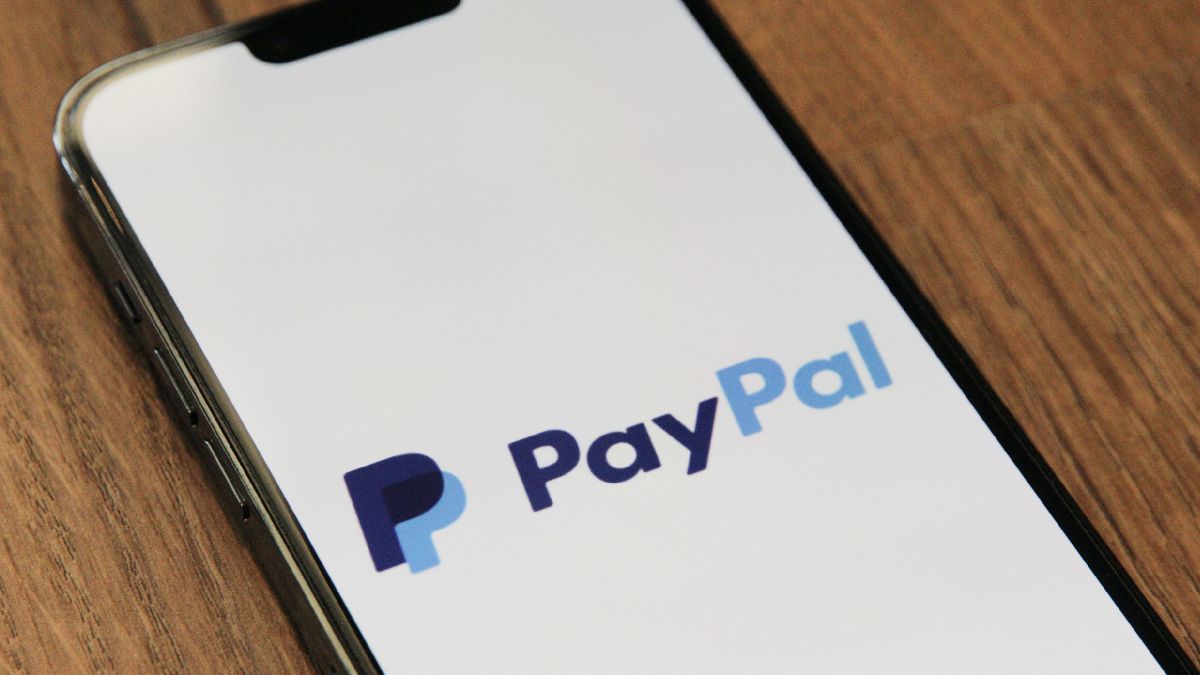PayPal, the US-based online payments giant, has launched PYUSD — its own stablecoin pegged to the US dollar. Banking on PayPal’s massive userbase, crypto scammers have jumped into action to use the opportunity to hunt for victims. Within the first few hours of its launch alone, a bunch of crypto tokens deceptively named around the PYUSD stablecoin, resembling its logo have been spotted by crypto market analysts. Members of the crypto community are sounding alerts to warn others about these fake tokens.
DEX Screener, a decentralised exchange scanner, claims to have spotted around 30 pairs of crypto tokens reflecting PYUSD on their tickers.
Scammers have reportedly not concentrated their token creations to any particular blockchain, exploring different options instead. At this point, PYUSD copycat tokens have already been minted on Ethereum, BNB Smart Chain, as well as Coinbase’s newest layer 2 chain — Base.
Fake cryptocurrencies are most commonly used by scammers to perform rug pulls on their victims. In these instances, scammers get investors to pour funds in their scam tokens and once they touch their estimated total, they abandon the project and flea.
In other instances, these scam tokens can be used to execute the ‘honeypot’ type of attacks, where investors are lured in to purchase the tokens in exchange for their cryptocurrencies. Later, they are not able to sell the fake tokens.
Warnings around these fake tokens have been appearing on social media.
PayPal launched its stablecoin on August 7. Announcing the stablecoin, PayPal had said, “PayPal USD is designed to contribute to the opportunity stablecoins offer for payments and is 100 percent backed by US dollar deposits, short-term US Treasuries and similar cash equivalents. PayPal USD is redeemable 1:1 for US dollars and is issued by Paxos Trust Company.”
How to Identify the Original PYUSD Stablecoin
In its official announcement, the online payments giant has clearly stated that the PYUSD can be exchanged only between wallets verified and compatible with PayPal. Resembling tokens listed with the same ticker on UniSwap or similar exchanges are highly likely to be fake tokens.
Check out our Latest News and Follow us at Facebook
Original Source

